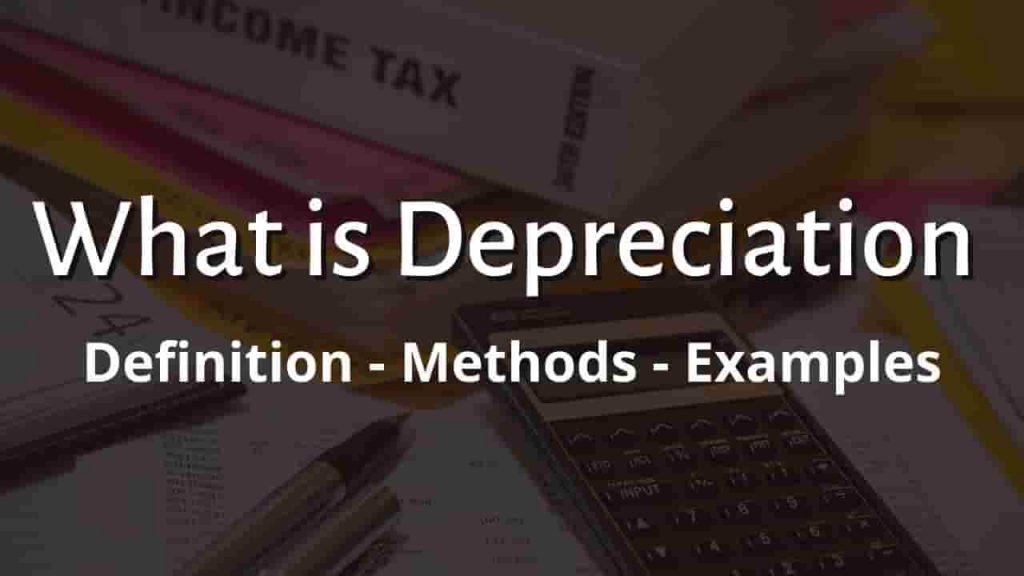What is a Sole Proprietorship
A sole proprietorship (also known as individual entrepreneurship, single trader, or simply proprietorship) is an unincorporated entity held by one person exclusively.
The sole proprietorship is the simplest basic business form for establishing a company. A sole proprietorship is not a legal entity in and of itself. It simply refers to the individual who owns the company and is personally liable for its debts.
Because of its simplicity, ease of setup, and low cost, sole proprietorship is a popular company structure. A solo owner merely has to register his or her name and get local permissions before starting a firm.
The owner of a sole proprietorship, on the other hand, is individually accountable for all of the business’s debts. So, if a single proprietorship gets into financial difficulties, creditors may file a lawsuit against the firm owner.
If such proceedings are successful, the owner will be forced to pay the company’s obligations out of his or her own pocket.
How to Start a Sole Proprietorship
A sole proprietorship is simple to form. It is not necessary to take any legal measures to establish this sort of business. If you are the sole owner and start doing business, you are instantly a sole proprietorship.
To be recognized as such, there is no need to legally file papers or submit anything at the federal, state, or municipal levels.
It is crucial to remember that depending on where you operate your business and the type of business, you may also be required to get business and/or occupancy licenses and permits.
Features of Sole Proprietorship
Following are some feature of sole proprietorship:
Absence of Legal Formalities
A sole proprietorship is not governed by a separate statute. As a result, there are a few particular norms and regulations to follow. Furthermore, it does not need any type of incorporation or registration. In truth, in most circumstances, we just require a license to do the desired business.
And, as with its inception, there is the little legal process required in its termination. Overall, it provides for the simplicity of doing business with the least amount of bother.
Unlimited Liability
Because there is no distinction between the owner and the business, the owner’s personal liability is likewise boundless. As a result, if the company is unable to cover its own obligations or responsibilities, it will be up to the proprietor to do so.
For example, he may have to liquidate all of his personal assets (such as his vehicle, house, and other properties) to cover the business’s obligations or liabilities.
Profit and Risk
In a sole proprietorship, the only risk bearer is the firm owner. Because he is the only one who has made a financial investment in the firm. As a result, he must carry the entire risk. In other words, if the company fails or suffers losses, he will be the one who loses.
However, he also receives all of the company’s income. He is not required to split his profits with any other stakeholders since there are none. As a result, he must shoulder the entire risk in return for the entire benefit.
There Is No Separate Identity Concept
In legal terminology, the business and the owner are synonymous. The single proprietorship will not have a separate legal personality. As a result, the owner will be held accountable for all business operations and transactions.
Continuity
As seen above, the company and its owner have the same identity. As a result, a sole proprietorship is wholly reliant on its owner. Death, retirement, bankruptcy, insanity, jail, and other events will have an impact on the sole proprietorship. In such cases, the proprietorship will cease to exist, and the business will close.
Advantage Of A Sole Proprietorship
- A sole proprietor will have total control over the whole operation. As a result, timely choices and the flexibility to do business will be facilitated.
- The law does not oblige a proprietorship to publish its financial statements or any similar papers to the general public. As a consequence, there is sufficient secrecy, which is essential in the business world.
- The business owner obtains the most benefit from it. Because he doesn’t have to share any of his gains. As a result, the labor he puts into the firm is entirely repaid in terms of incentives.
- Being your own boss gives you a wonderful sense of pleasure and success. You are also entirely accountable to yourself. As a result, it significantly boosts your self-esteem.
Disadvantages Of Sole Proprietorship
- One of the most significant constraints of a single proprietorship is the owner’s unrestricted personal responsibility. If the business fails, it might deplete the owner’s personal riches as well as his future business chances.
- Another issue is that a sole proprietor has limited capital. He may not be able to expand the firm with the funds he can borrow from his own resources. Furthermore, banks and financial institutions are hesitant to lend to sole proprietorships.
- A sole proprietorship’s life cycle is unknown and tied to its owner. An impaired proprietor may have a detrimental impact on the firm and may even lead to its closure. A solitary proprietorship cannot function without its owner.
- A sole proprietor has limited administrative abilities as well. He cannot be an expert in every aspect of the business. Furthermore, because of limited finances, he may be unable to employ skilled personnel to assist him. As a result, the company may suffer from bad management and judgments.
Sole Proprietorship Vs LLC
A limited liability company is a state-created legal entity. An LLC exists independently of its owners, who are referred to as members. Members, on the other hand, are not individually liable for the company’s debts and obligations. Instead, the LLC is in charge.
A sole proprietorship is an established business that is owned and operated by a single individual. This is the simplest construction available, with no mess and no bother. You are entitled to all of the company’s profits.
However, unlike an LLC, sole proprietors are personally liable for all liabilities.
Sole Proprietorship Vs Partnership
A sole proprietorship is an organized entity that does not exist separate from its sole owner. A partnership is formed when two or more people agree to run a business for profit.
The Partnership Act governs a partnership business, whereas a sole proprietorship is not supervised by any governmental agency.
In a Sole Proprietorship, the owner is entitled to all business earnings but is individually accountable for all liabilities. In the event of a partnership, each partner is jointly and severally accountable for all of the partnership’s liabilities.
Is LLC Sole Proprietorship
Although a limited liability corporation (LLC) cannot be a sole proprietor, a person can do business as an LLC. You own and operate your own firm as a sole proprietor, but it is not a corporation. A limited liability company is a type of business that is neither a corporation nor a single proprietorship.
An LLC combines characteristics of a sole proprietorship, partnership, and corporation and provides owners with a great deal of freedom. An LLC’s management structure, operating methods, and tax treatment are all up to the owners.
For more click here and if you are looking for full forms of different acronyms and words then check out this list you really gonna find this helpful. We also have an Essay on every topic, Check the complete list here. If you are Studying in Matric Free Video Lectures of Maths, Physics and English are here, and we have got you covered for I.COM Business Maths also.







